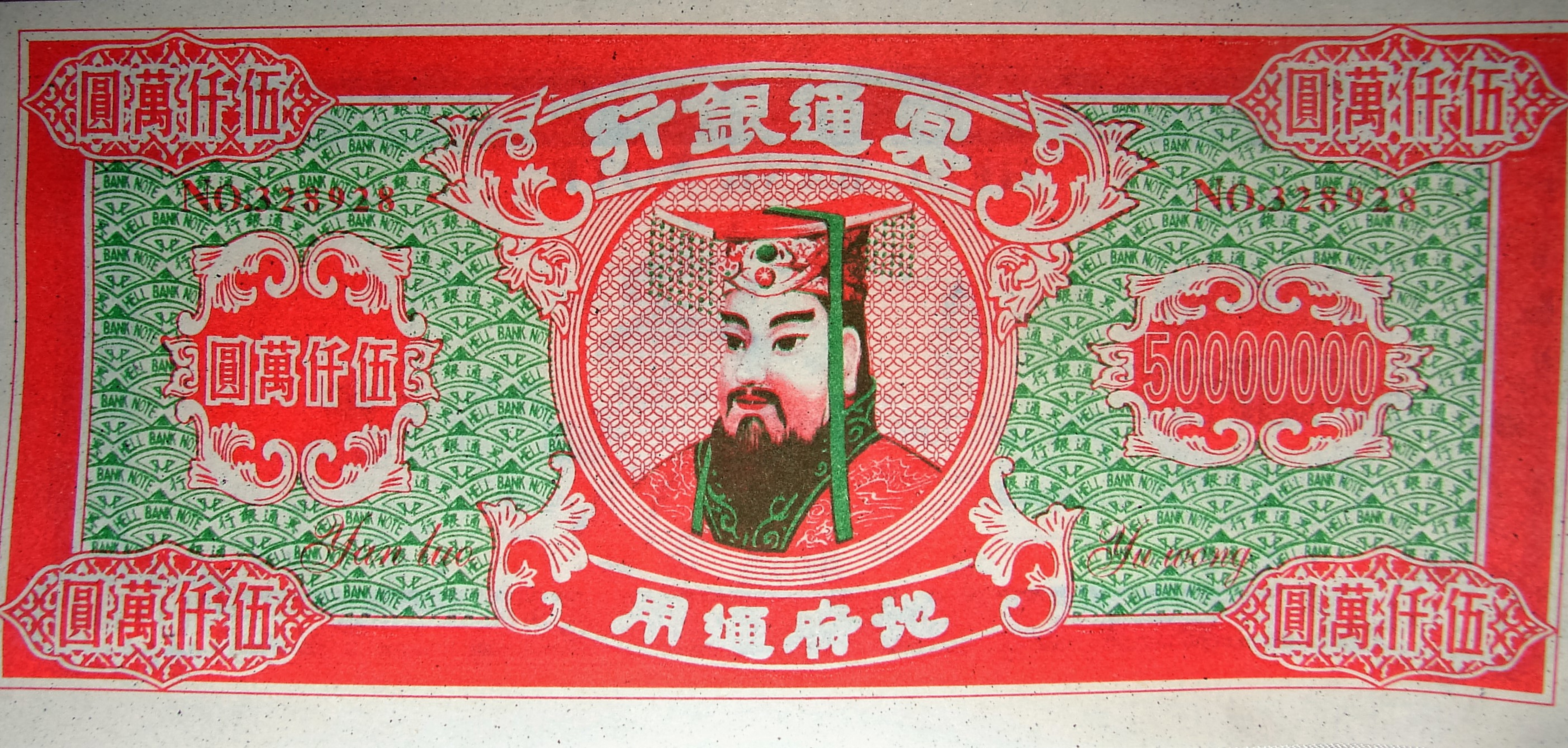

The signs of Brian’s memory loss accrete gradually, then suddenly: he slowly loses interest in his many hobbies a boss reprimands him for being “too slow” at work he misplaces his car keys at a Stop & Shop. “It took Brian less than a week to decide that the ‘long goodbye’ of Alzheimer’s was not for him and less than a week for me to find Dignitas, at the end of several long Google paths,” recounts Amy Bloom in her lyrical, recursive memoir about her husband’s decision to end his life, at the Swiss nonprofit that offers assisted-or what it calls “accompanied”-suicide. But cancer knows nothing of propriety, and neither does grief, and so Delaney-never terribly interested in propriety to begin with-doesn’t want to know, either. It’s not hard to imagine some readers being repelled by the marriage of Delaney’s comic style with talk of grief. The pain comes less from horrifying details than from the way he lures us into contact with the very aspects of our lives that are easiest to ignore: our fragilities, our constant proximity to calamity, our powerlessness to control what life brings, or when. Alongside the recounting of panicked hospital visits, scary infections, and breathing-tube struggles, there are comic riffs and asides that wouldn’t be out of place in a Delaney standup set, or on his Twitter feed. “A Heart That Works” tells the story of Henry’s life and Delaney’s grief. He spent much of his life in hospitals, and died before he turned three. Shortly after Delaney’s son Henry turned one, he was diagnosed with brain cancer. “Despite the obvious talents of its author,” one reviewer wrote, the over-all effect was “a bit thin.” And yet “The Easy Life” is constructed with the same torqued intensity as all her fiction, seeding the problems that will eventually become Durassian preoccupations: the anguish of poverty, the vertigo of young love, the pull of biological conformity, and the struggle of women to reconcile the requirements of feminine competence with the disorganizing effects of sexual desire. The book sold out on its first printing, but its critical reception was lukewarm. In a style differing from the bald obliquity that characterizes Duras’s more famous books and films, feelings and adjectives stick together like plums that have fallen from a tree and formed a putrid mass. Here, Duras’s sentences assume a voluptuousness that Olivia Baes and Emma Ramadan do a remarkable job of translating.

“La Vie Tranquille” (1944), Duras’s second novel-translated into English as “ The Easy Life”-is a coming-of-age story that dwells on what a young woman must relinquish to the activity of tidying up life.


 0 kommentar(er)
0 kommentar(er)
